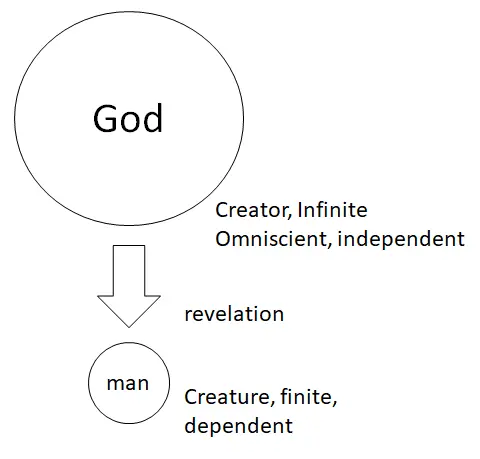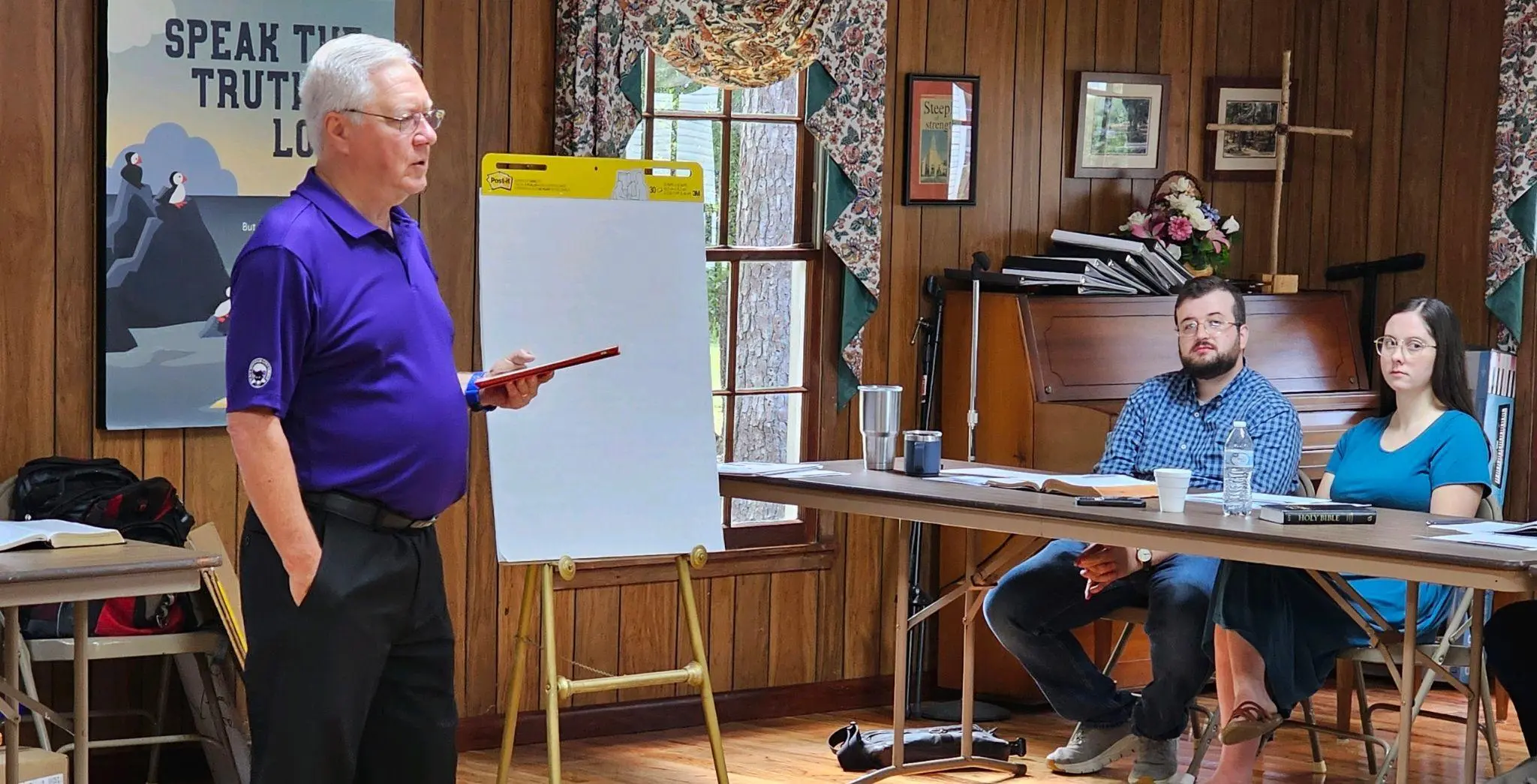What is God?
Question 3 of the Shorter Catechism told us what Scripture was about: what man is to believe concerning God and what duty God requires of man. Beginning in question 4, the catechism gets started dealing with that first element.
Q. 4 What is God?
A. God is a spirit, infinite, eternal, and unchangeable, in his being, wisdom, power, holiness, justice, goodness and truth.
Now, this is almost a ridiculous question to ask because God is so beyond our understanding. All the books in the world don’t have enough pages to answer this question sufficiently, so we certainly shouldn’t expect to exhaust it in eighteen words! But in his kindness, God has chosen to reveal himself to us both in nature and Scripture, and the catechism gives us a good start at understanding that revelation.
Before we even get to the answer, you may notice the unusual way the question is phrased. We normally think of God as a “who,” but the catechism talks about God as a “what.” The reason is that we need to answer the what before we can get to the who. Christian theology teaches that God is a single divine nature in three divine persons. This question is particularly interested in the divine nature. There are lots of people that are happy to speak about God as Father or about Jesus, but they completely whiff on understanding what that means. For a lot of people God is like a bigger version of us, a big bearded man in the sky who sometimes tinkers with things around us. This is exactly how the ancient pagans thought of their gods. They were essentially bigger people who had relationships with one another and flaws of their own.
But even the pagan philosophers realized this wasn’t enough. Plato, for example, believed that these so-called gods weren’t really gods at all, that there must be some higher being behind it all. That’s what Paul is dealing with in Acts 17 when he encounters the altar to the “unknown god.” Paul says that “unknown god” that these philosophers were talking about was actually the one, true God of the Bible. They had learned a little bit about him through nature, but their knowledge was corrupted by sin. The Bible, therefore, takes what we can know from nature and corrects and expands it.
So what is God? The we can break the answer up into three parts.
First, God is a spirit. That sounds good, but what does that mean? This is how the Children’s Catechism expands on that idea:
Q. 9. What is God?
A. God is a Spirit, and has not a body like men.
In other words, when the catechism says God is a spirit, it means that God is completely other. Unlike what you find in paganism or even some of the Christian cults like Mormonism, the biblical view is that God is not like us. Reformed theologians like to call this the Creator-creature distinction. In other words, we might say that there are fundamentally two kinds of things: God and not God.

This leads us to the second part of the question, what we call the incommunicable attributes of God. These are the things that belong to God only that never extends to that which is not God. The Shorter Catechism says God is “infinite, eternal, and unchangeable.” God is not bounded by space and time, and he never changes. He is the same yesterday, today, and forever. He cannot be acted on or moved by mere creatures. A technical way to say it is that he has no causes. Furthermore, in some sense, we can say that these incommunicable attributes are definitional of God. Anything that is infinite, eternal, and unchangeable is God.
But the Catechism continues by saying that God is “infinite, eternal, and unchangeable, in his being, wisdom, power, holiness, justice, goodness and truth.” These are what we call communicable attributes. God has being, wisdom, power, etc., but we can also have these things. The difference is that God’s version of these is infinite, eternal, and unchangeable, while yours is not. You can have holiness, but your holiness is not eternal. You can have power, but your power is not infinite. But this is one of the first places that God comes into contact with his creation. Since God is the creator of the universe, his creation reflects him. And God’s highest creation is man who is made in his image!
This idea is one of the primary drivers behind all of Scripture. God is completely unlike us, but in his mercy, he has deemed it fitting to meet with us, adopt us into his family, and even make us like him. The prime instance of this is of course in the incarnation of the Son, but we’ll unpack that as we work through the first section of the Shorter Catechism.
Teaching Series on the Doctrine of God
If you want to dig a little deeper into the doctrine of God, I did a three part teaching series a couple years ago.
Thank You!

We had a great time last weekend with our special guest Ron Horgan! Thank you to everyone who worked to make that happen! If you have any more pictures, be sure to send them to me.
Your friend in Christ,
Reid
